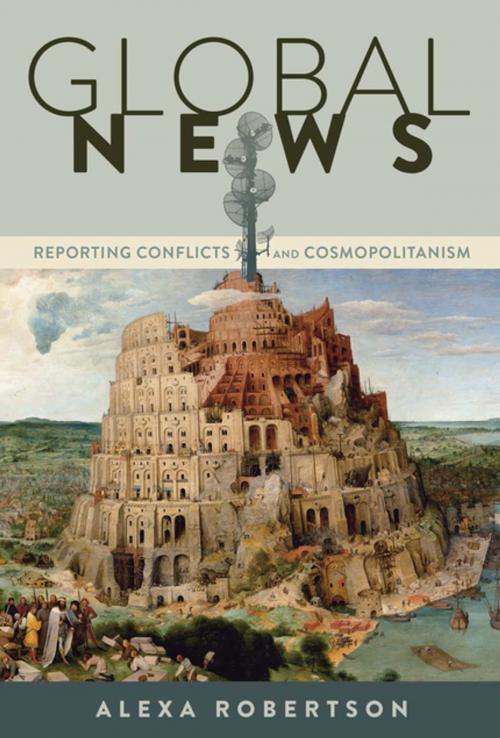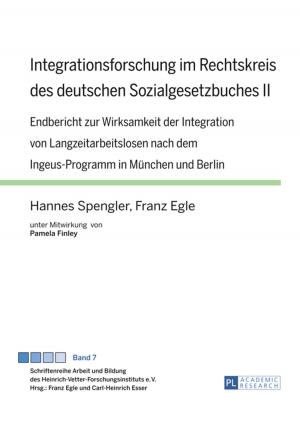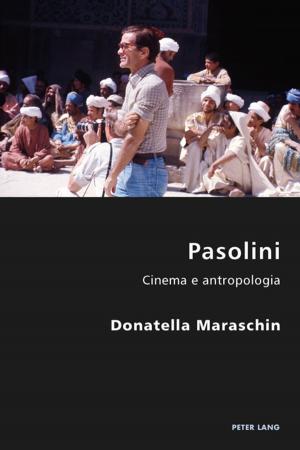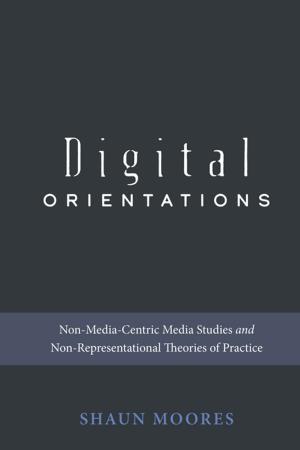Global News
Reporting Conflicts and Cosmopolitanism
Nonfiction, Entertainment, Television, Performing Arts, Social & Cultural Studies, Political Science| Author: | Alexa Robertson | ISBN: | 9781454197447 |
| Publisher: | Peter Lang | Publication: | January 1, 2014 |
| Imprint: | Peter Lang Inc., International Academic Publishers | Language: | English |
| Author: | Alexa Robertson |
| ISBN: | 9781454197447 |
| Publisher: | Peter Lang |
| Publication: | January 1, 2014 |
| Imprint: | Peter Lang Inc., International Academic Publishers |
| Language: | English |
Global News explores how media representation is conceived and enacted in a world of diversity and transborder flows. Among the ‘new media’ crowding the global mediascape are influential television outlets that promise viewers alternative vantage points to those of established Western broadcasters. The different worlds depicted by Al Jazeera English and Russia Today are compared with those of CNN International and BBC World. At a time when media organizations are slashing their budgets for international reporting, these channels represent a spectrum of financing solutions and relations to political power, being variously privately-, publicly-, or state-owned, backed by corporations, democratic states, authoritarian regimes, and ruling dynasties. Despite their differences, however, they have much in common. Their journalists espouse the universal values of professionalism and objectivity and speak to their global audiences in English. This book explores the different theoretical worlds of global media studies, takes a rare look at content, has a comparative perspective, and moves beyond the conflict frame that has dominated much of the literature in the field.
Global News explores how media representation is conceived and enacted in a world of diversity and transborder flows. Among the ‘new media’ crowding the global mediascape are influential television outlets that promise viewers alternative vantage points to those of established Western broadcasters. The different worlds depicted by Al Jazeera English and Russia Today are compared with those of CNN International and BBC World. At a time when media organizations are slashing their budgets for international reporting, these channels represent a spectrum of financing solutions and relations to political power, being variously privately-, publicly-, or state-owned, backed by corporations, democratic states, authoritarian regimes, and ruling dynasties. Despite their differences, however, they have much in common. Their journalists espouse the universal values of professionalism and objectivity and speak to their global audiences in English. This book explores the different theoretical worlds of global media studies, takes a rare look at content, has a comparative perspective, and moves beyond the conflict frame that has dominated much of the literature in the field.















